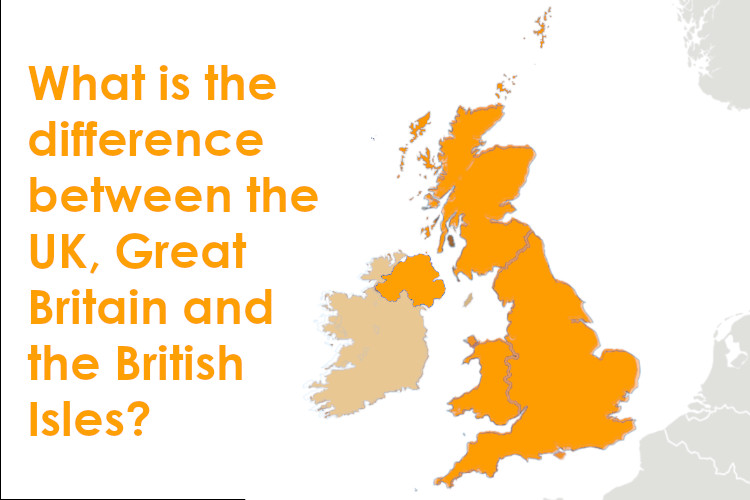
What is the difference between the UK and Great Britain? Isn’t it the same as England? And why is Britain not the same as the British Isles? While some of these terms are often used interchangeably, they refer to different geographic or political entities and don’t quite carry the exact same meaning in most contexts. In this article we’ll have a quick look at these different terms so you can confidently use the correct one when discussing the UK.
Let’s start wide and narrow down.
The British Isles
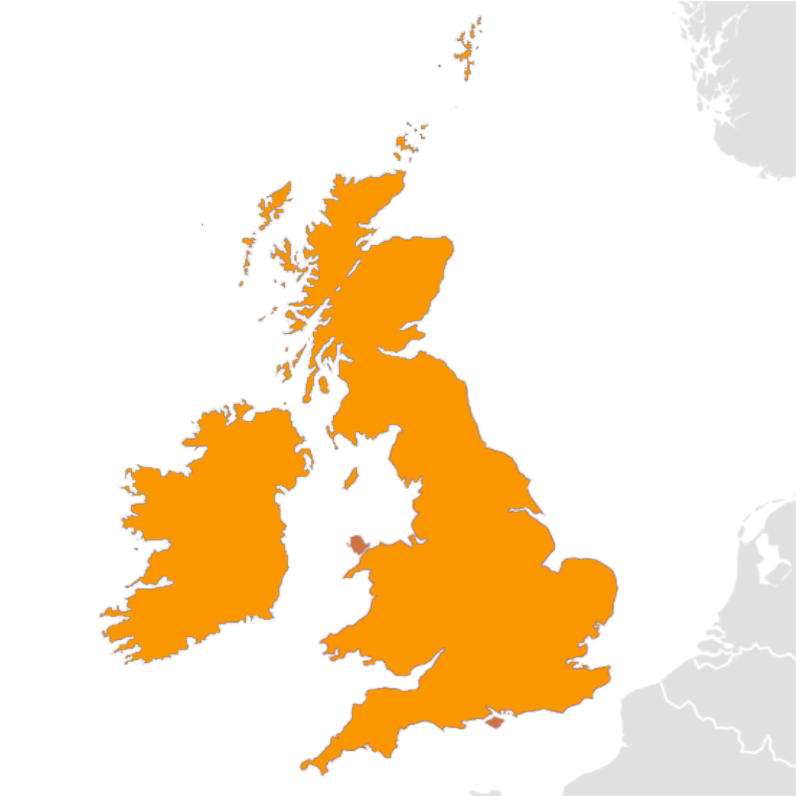
The British Isles are a collection of islands in the North Atlantic, just off the coast of north-western Europe. The archipelago is made up of the islands of Great Britain, the Isle of Man, the Hebrides, and more than 6000 smaller islands or named rocks. It also includes the island of Ireland. Two sovereign nations, the United Kingdom and the Republic of Ireland, are spread across these islands. Because of the history between the UK and the Republic of Ireland, the term “British Isles” is often considered controversial, and alternatives such as “Britain and Ireland” or “Anglo-Celtic Isles” have been suggested in the past.
Since they are culturally and politically linked, some descriptions also include the Channel Islands (Jersey and Guernsey) in the British Isles, but they belong to a separate archipelago from a geographical perspective. However, note that the term “British Islands” (as opposed to “British Isles”) is the legal term used in Parliament to refer to the UK, Channel Islands and Isle of Man as a single collective entity.
Great Britain
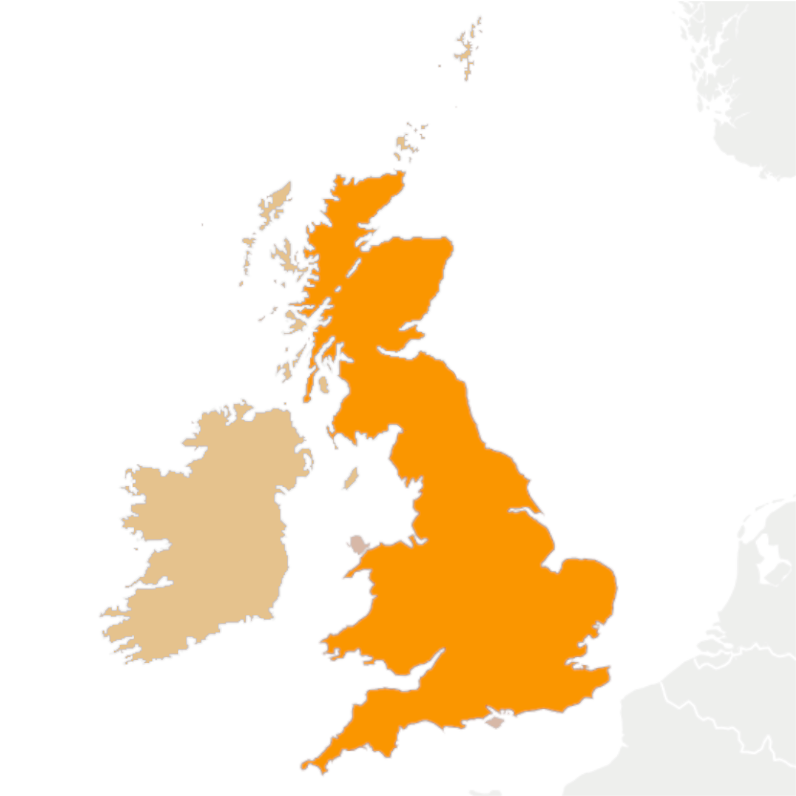
Geographically speaking, Great Britain, often just referred to as “Britain”, is the largest island of the British Isles. It is also the largest island in Europe and the ninth-largest island in the world. The mainland area of three countries – England, Scotland and Wales – are spread across the island. The largest cities in the UK are also located here, including London, Manchester, Birmingham, Leeds and Glasgow.
Politically, the term “Great Britain” is often used to collectively refer to England, Scotland and Wales, along with their adjoining islands.
The United Kingdom (UK)
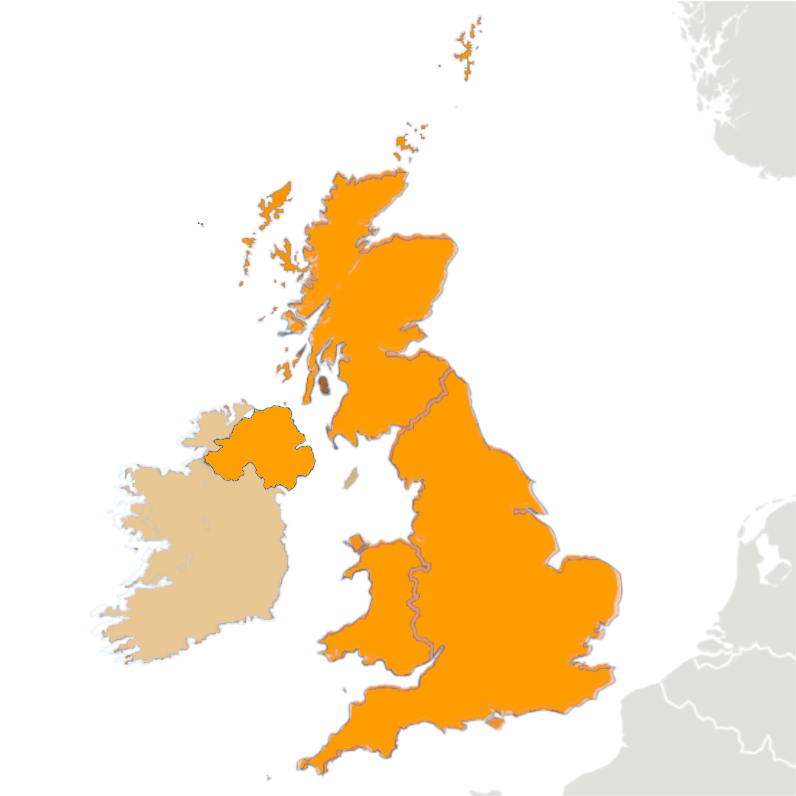
The UK, officially the United Kingdom of Great Britain and Northern Ireland, is a sovereign state located in north-western Europe. The UK is made up of four countries – England, Scotland and Wales (together known as Great Britain); and Northern Ireland. Each has its own capital city as well, being London, Edinburgh, Cardiff and Belfast respectively.
None of these countries is considered a sovereign nation on its own, but rather fall under the sovereignty of the Parliament of the United Kingdom and the Crown. Even so, each country has autonomy to some extent; with Scotland, Wales and Northern Ireland being granted devolved governments. The majority of England falls under the UK Parliament, though some power has been devolved in the instance of Greater London and a handful of other combined authorities. For the most part, the local governments, parliaments and authorities deal with local issues like housing and education, while international matters and foreign affairs are deferred to the UK Parliament. Think of it as something similar to the USA with it’s independent states making up the sovereign nation as a whole.
While English is the most widespread language in the UK, each individual country has also retained their own identities both culturally and linguistically.
England vs Britain
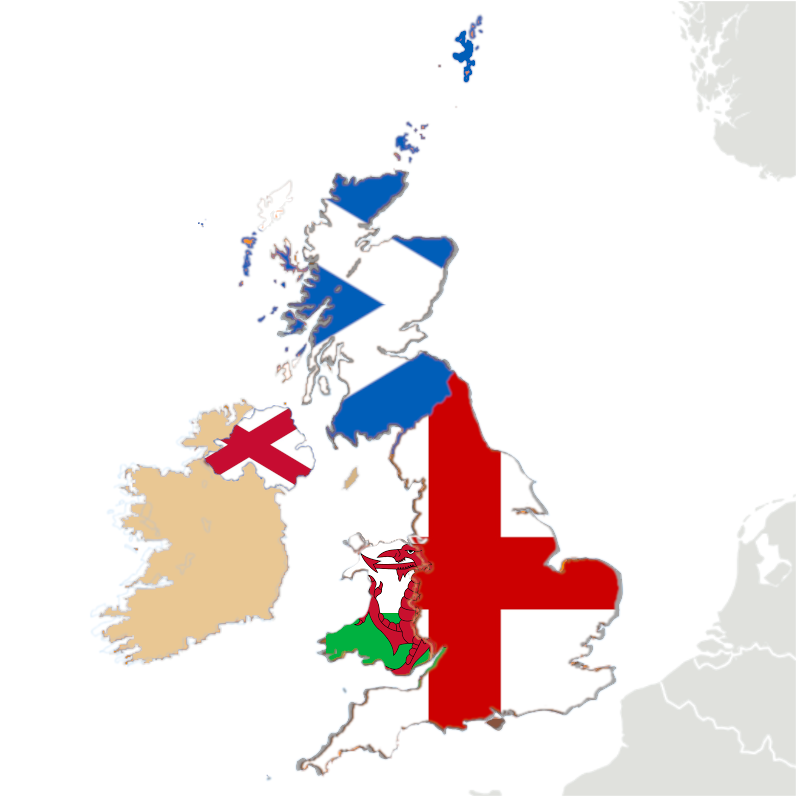
London is not only the capital of England, it is also the capital of the entire United Kingdom. Considering England is therefore home to the UK Parliament, the Crown and so many other institutions associated with the United Kingdom; it is easy to see why England is sometimes confused with the entire Britain, especially from a cultural perspective. However, while England is part of Britain, the term “Britain” encompasses far more than just England.
Geographically speaking, Britain refers to the island of Great Britain; while politically it could refer to the nations of England, Scotland and Wales collectively, or to the United Kingdom as a whole.
A last few trivialities
- “British” is another confusing term often used to refer to something specifically English; however it describes anything related to Great Britain, the United Kingdom or even the former British Empire. So, for example, while a character’s beautiful “British accent” is often complimented in American sitcoms, in reality there isn’t really such a thing (rather various English, Scottish, Welsh, Irish etc. accents).
- The British Overseas Territories are fourteen territories from the former British Empire that still fall under the British Monarchy – most of them reliant on the UK for defence and foreign affairs. These countries, while considered British Territories, are not part of the United Kingdom. They are also not included when referring to “Britain” or “Great Britain”.
- There are also three British “territories” that are not part of the United Kingdom, nor are they British Overseas Territories. They are known as the Crown Dependencies, and what separates them from the other British territories is the fact that they are self-governing possessions of the Crown. In other words, unlike traditional territories, their relationship with the UK is with the monarchy directly and not with Parliament. These three territories are the Bailiwick of Jersey, the Bailiwick of Guernsey (remember the Channel Islands we mentioned earlier?) and the Isle of Man.
Now you should have a better idea of the differences between Britain, Great Britain, England and the UK; just like any good Anglophile should. Or should that be Britophile? 😉
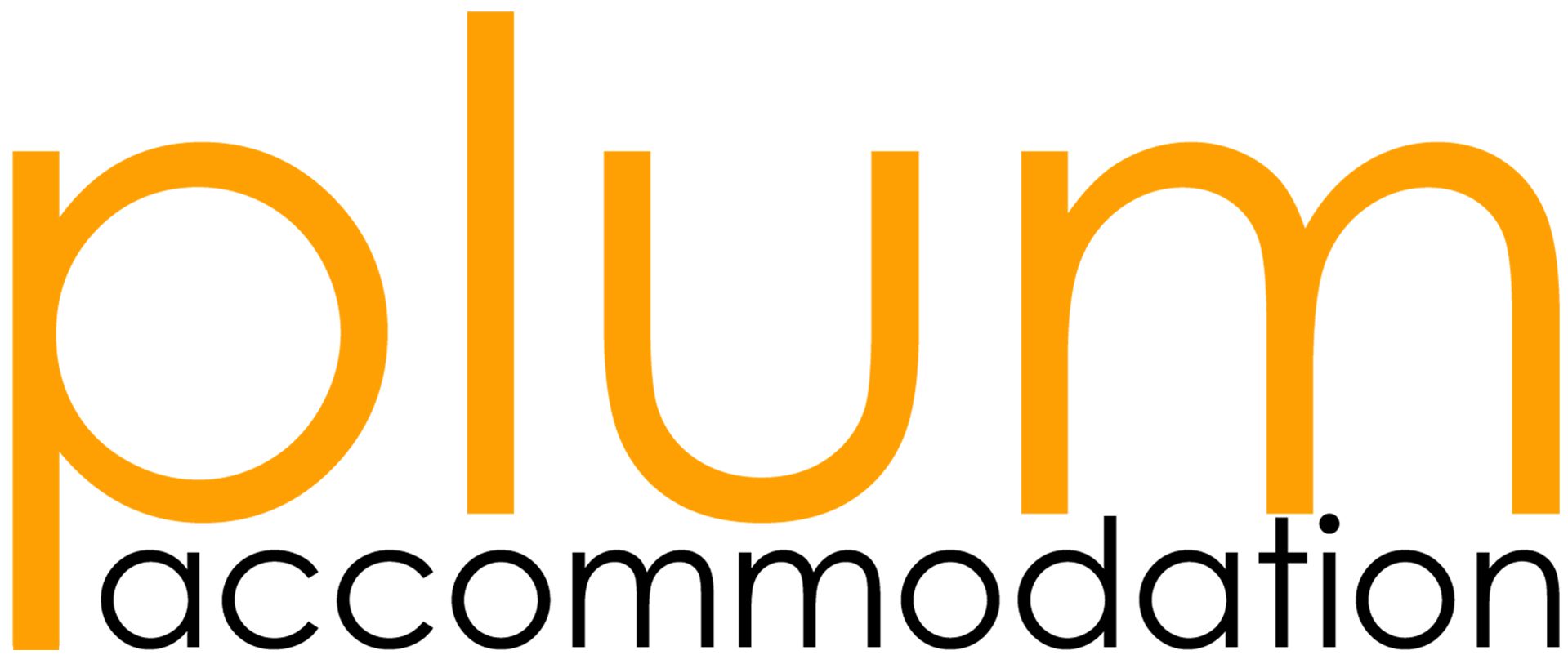
Leave a Reply